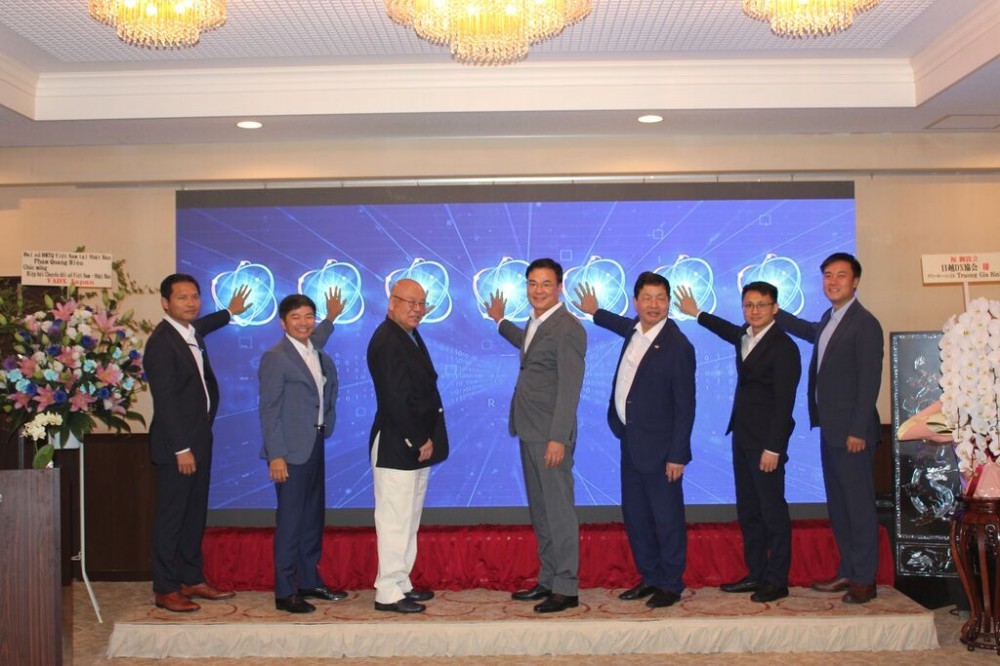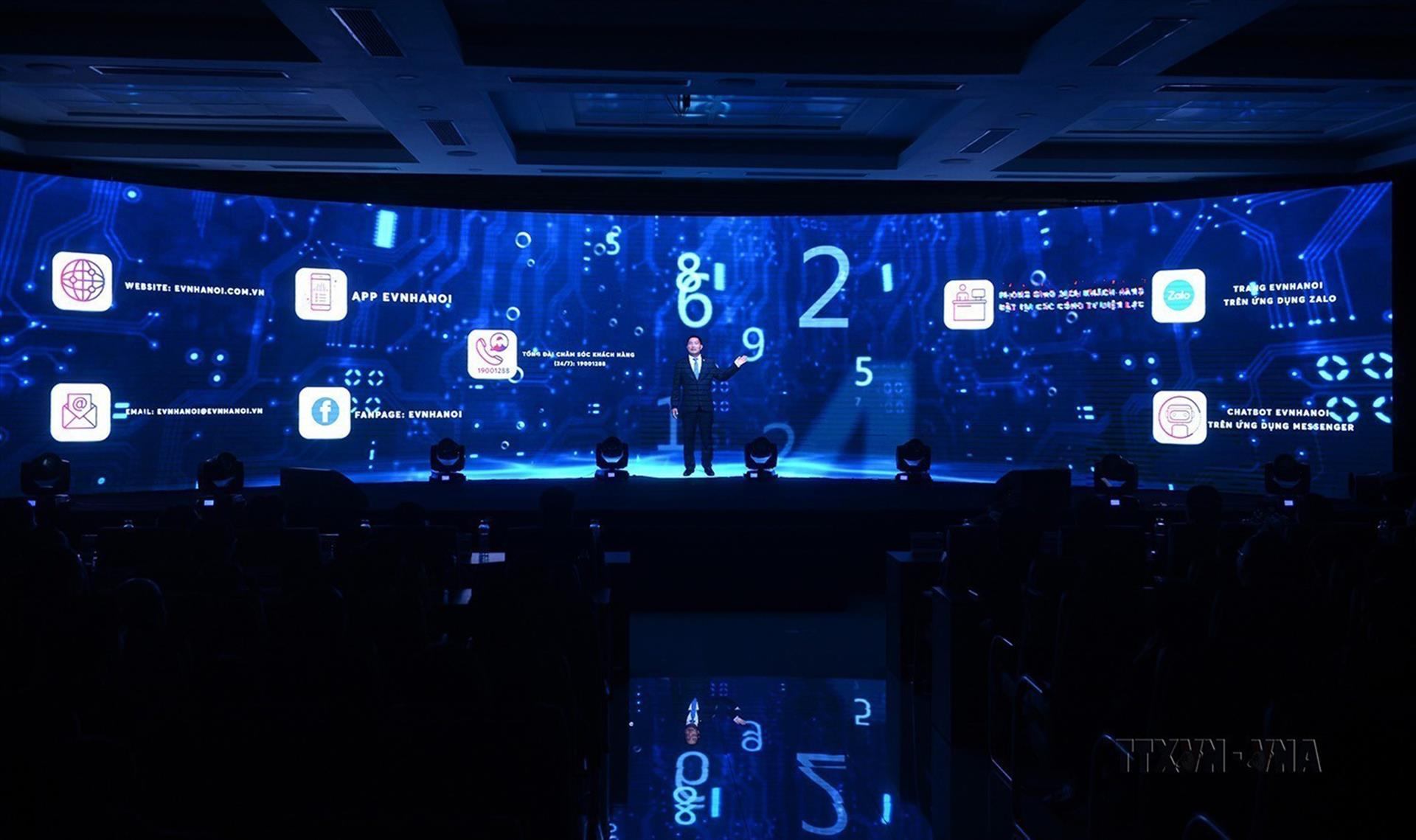VADX JAPAN Debut to Boost Vietnam and Japan's Digitalizaion
Recently, VADX JAPAN established in Tokyo, and will vigorously promote the digital transformation cooperation between the two countries.
Recently, the inauguration ceremony of the VADX JAPAN was officially held in Tokyo, Japan. This association is expected to become a platform for connecting IT enterprises between Vietnam and Japan, while also promoting cooperation and sharing of advanced technology initiatives and solutions between the two countries.
The ceremony was attended by Vietnamese Ambassador to Japan Pham Quang Hieu, Special Advisor to the Japan-Vietnam Parliamentary Friendship Alliance Tsutomu Takebe, Deputy Director of the Vietnam National Innovation Center Vu Xuan Hoai, as well as representatives from the Vietnam Software and IT Services Association (VINASA), Japan Information Technology Services Industry Association (JISA), Japan External Trade Organization (JETRO), and IT enterprise representatives from both Vietnam and Japan.
In his speech at the ceremony, Ambassador Pham Quang Hieu stated that since the first Vietnamese IT company established a branch in Japan in 2005, it has rapidly developed locally. Currently, there are over 60 Vietnamese IT enterprises in Japan. The establishment of VADX JAPAN marks an important milestone in this development, highlighting the increasing reputation, quality, human resource scale, revenue, and future development opportunities.
He also expressed his hope that the association will become a bridge to strengthen connections among Vietnamese IT enterprises in Japan, leading efforts in digital transformation and contributing practically to the development of bilateral relations, benefiting the societies and peoples of both countries.
VADX JAPAN Chairman Do Van Khac emphasized that the association aims to become a hub for enterprises involved in digital transformation and innovation. It plans to organize various activities for its members to promote innovation, technology transfer, research and development, and the application of advanced digital technologies.

According to predictions by Japan's Ministry of Economy, Trade, and Industry, Japan will face a labor shortage of nearly 800,000 people by 2030. Therefore, VADX JAPAN also plans to train tens of thousands of high-quality engineers proficient in Japanese in both Japan and Vietnam in terms of human resources.
Currently, Vietnamese IT enterprises in Japan are experiencing strong growth in both quantity and quality. Among them, over 10 companies, including FPT, Rikkeisoft, VTI, NTQ, and CMC, have more than 1,000 employees each, and the total number of companies providing IT services to Japanese enterprises is close to 500. In the past, these enterprises were only involved in simple tasks such as programming and testing. Today, they participate in all stages from research and design to the implementation of digital transformation projects, and the application of new technologies such as cloud computing, big data, artificial intelligence, blockchain, and VR/XR.
VADX JAPAN estimates that the annual outsourcing demand for software development in Japan exceeds $30 billion, while Vietnamese IT enterprises currently account for only 6-7% of the market share. This indicates significant long-term development potential and opportunities for Vietnamese IT enterprises in Japan.
At the meeting, VADX JAPAN set a goal: by 2033, the total revenue of Vietnamese technology enterprises in Japan will reach 1 trillion yen (approximately $7 billion).

In terms of digital transformation, cooperation between Vietnam and Japan has already been established.
In December 2023, experts from Vietnam and Japan held a meeting in Hanoi to discuss potential solutions to strengthen bilateral cooperation in the digital economy.
The meeting, themed “Digital Economy Partnership under the Indo-Pacific Economic Framework (IPEF),” facilitated cooperation between the two countries in developing digital government, digital economy, digital society, and emerging core industries such as semiconductors. Subsequent cooperation extended to smart grids, smart cities, electricity market development, and localization of the energy industry.
·Original
Disclaimer: The views in this article are from the original Creator and do not represent the views or position of Hawk Insight. The content of the article is for reference, communication and learning only, and does not constitute investment advice. If it involves copyright issues, please contact us for deletion.